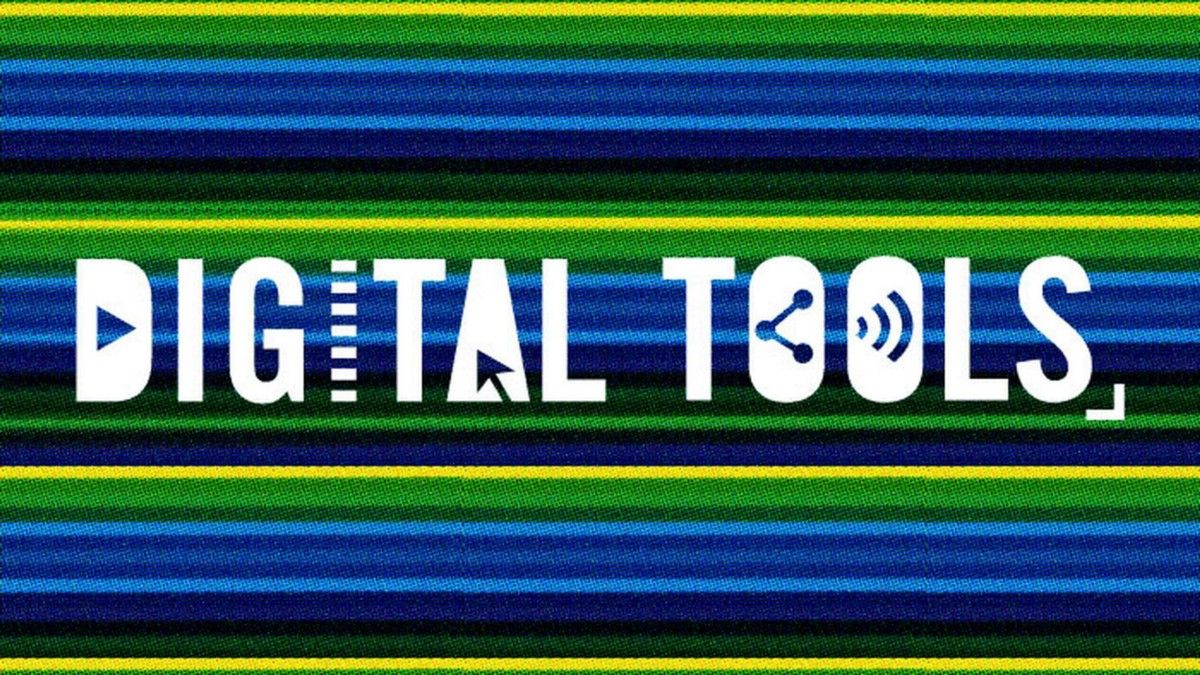Rethinking the Tools for Collectives
What tools are used by collectives for their activities? How can we improve them? What‘s missing? How can we contribute as developers to…

What tools are used by Collectives for their activities? How can we improve them? What‘s missing? How can we contribute to the citizen revolution?

More and more, citizens are coming together to do things in their city because they can. In the past few weeks, I took part in a couple of citizen initiatives because I‘m a big believer in the citizen revolution and I wanted to experience it first hand.
I’ve been directly involved with the organization of the first Fearless Cities Brussels (video recap), and with citizen lists (new political parties at the local level) in the local elections of last October in Belgium, such as Burgerlijst, Kayoux, and Plan B Brussels. I’ve also collected feedback from Rachel Lawson, who was part of a collective organizing the first Pride in Kings Lynn & West Norfolk, and Leonoor Leus, who organized the first Vegan Street Fair in Brussels with the VeganBrussels collective. And last but not least, from Pia Mancini, my cofounder at Open Collective, who started the collective Sustain Open Source and just organized the second edition of the SustainOSS conference in London (twitter thread of my notes).
I’ve been incredibly inspired by all these initiatives. If you have the opportunity to volunteer and join a collective in your city or in industry, I highly recommend it. It’s a very refreshing experience, where everyone is invited to contribute what they can. And the results are incredible and super inspiring.
Joining such open collectives is an opportunity to experience new forms of organization without hierarchy (brilliantly documented by Frédéric Laloux in his best-selling book, Reinventing Organizations). It’s also an incredible opportunity to meet new people and make new friends. It’s like meetup groups on steroids. We don’t only meet, but we also take action together. And in the process everybody learns a lot about collective intelligence, working together, and about themselves.
Open collectives are like meetups on steroids. We don’t only meet, we also take action together.
In the process, I realized that there are a lot of tools that are missing to help those collectives thrive. Many of the tools we have today are designed for companies and organizations based on hierarchies. They don’t quite fit the needs of open collectives.
Many of the tools we have today are designed for companies and organizations based on hierarchy. They don’t quite fit the needs of open collectives.
The first few things that a collective of citizens needs when they start is:
- a landing page (they use Wordpress.com, Wix.com, …)
- a way to collect emails of the people interested (more sophisticated groups use Mailchimp, but it feels like overkill)
- a way to become a volunteer (Google form)
- FAQ (usually a Google doc, which is hard to publish online and sync with their website)
- a point of contact for more info (Gmail address, hard to manage the back office, not transparent, also hard to create for each sub working group)
Other important features that they need:
- internal communication tool (they use a mix of email and whatsapp, more sophisticated groups use Slack)
- a place to have discussions and vote on topics (more sophisticated groups use Loomio, most use endless email threads)
- a place to list to-dos in where everyone can assign themselves (they desperately need a “doodle for tasks”)
- a shared drive (Google Drive — I’ve been surprised to notice that Dropbox was nowhere to be seen)
- a “job board” or “call for contributions” seeking volunteers (e.g. can someone help with video editing?)
- note taking (framapad) and document editing (Google docs, spreadsheets)
- a directory of all members/volunteers (what are the different skills among the people in the collective?)
- a place to file expenses (and publish them in an attractive and useful way, Open Collective can already help with that today)
- a place to collect all media about their activities (tweets, instagrams, photos, videos) and to make it easy to produce some kind of report (if only Storify was still alive. Framesoft is working on an open source alternative.)
- a tool to issue invoices to sponsors
My big take away is that collectives are lacking tools. Most of the tools that we have built are tailor made for companies, i.e. top down hierarchies, not bottom up initiatives. We need to rethink them for collectives, with transparency and inclusiveness built in by design.
I’ve also been surprised to notice that email is still by far the most inclusive technology. Many collectives try to introduce Slack without much success. As long as at least one person is not comfortable with it, using it would mean excluding someone from the group. That’s a no go. That really forces us to rethink the way we build software. We need to make sure that everything has an email interface. No one should be excluded from participating in the collective.
That’s why we need to rethink mailchimp, wordpress, zendesk (support), expensify (expense management), quickbooks (accounting), slack (internal communication) in a way that will embody the values of transparency, inclusiveness and participation (and open source!).
One thing to keep in mind though: people are overwhelmed by so many different tools. They would love to have one single point of entry to check all updates related to their collective (ideally with one single sign on). They don’t want to check email, Slack, Google Docs, Loomio, etc.
If you are interested in working on some of those tools, please reach out (xavier@opencollective.com). We need an army of open source developers to build this new infrastructure, to give all those citizen initiatives around the world the tools they need to thrive. It’s through collective actions at the local level that we will change our democracies and our cities around the values that we cherish in the open source world: transparency, inclusiveness, collaboration. Let’s help them!

